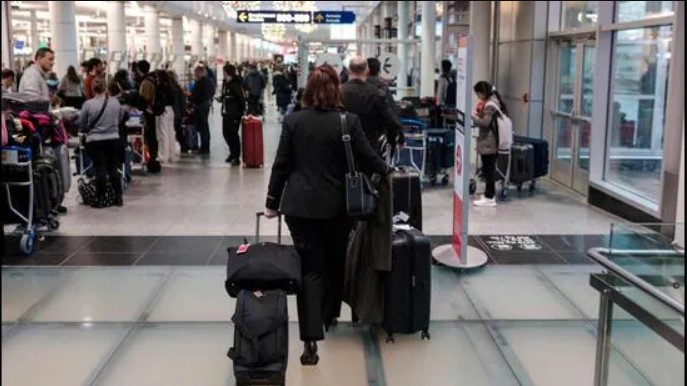According to datasets from Immigration, Refugees and Citizenship Canada, of the approximately 440,000 study permits issued globally till October 2022, nearly 164,000, are for students from India
Toronto: A new record number of Indians received permits to study at Canadian institutions this year but those presuming this will provide a guaranteed pathway to immigration may be in for a jolt of reality.
“Promises are being made that these students will be able to graduate and become permanent residents quite easily but again if you look at the number of international students coming in and the programme that typically services them, which is the Canadian Experience Class, there simply is not the room to be able to accommodate all of them,” Ravi Jain, co-founder of the Canadian Immigration Lawyers’ Association said.
Many among them will be hoping to become permanent residents (PRs), which is often the pitch made by recruiters in education sector based in India. As Jain said, “They’re being sold a fairy tale and that’s a big problem.”
This was also the conclusion of an investigative report from CBC News in October, which noted, “Lured by the promise of a post-secondary education and a chance to build a life here, thousands of foreign students are coming every year and arriving to find what they were promised and what their families paid for often isn’t what awaits them.”
It cited a 2021 report from Statistics Canada, which stated, “Among international students who arrived in the 2000s, about 3 in 10 became landed immigrants within 10 years of their arrival.”
In October this year, IRCC said there were over 500,000 international students already in Canada.
Jain explained that the entire immigration category that served these students’ immigration aspirations, the Federal High Skilled scheme which includes the Canadian Experience Class, has overall room far smaller than the influx of international students, even with more ambitious targets announced by the Canadian government last month. Those totals, at the higher end, for 2023 are 82,880, rising to 109,020 the next year and 114,000 in 2025.
Those numbers are not even enough to accommodate just the students originating from India. “We have to be honest with people and I think that will involve communication from the government that getting a study permit does not lead to permanent residence necessarily. They should be transparent about the numbers,” Jain felt.


